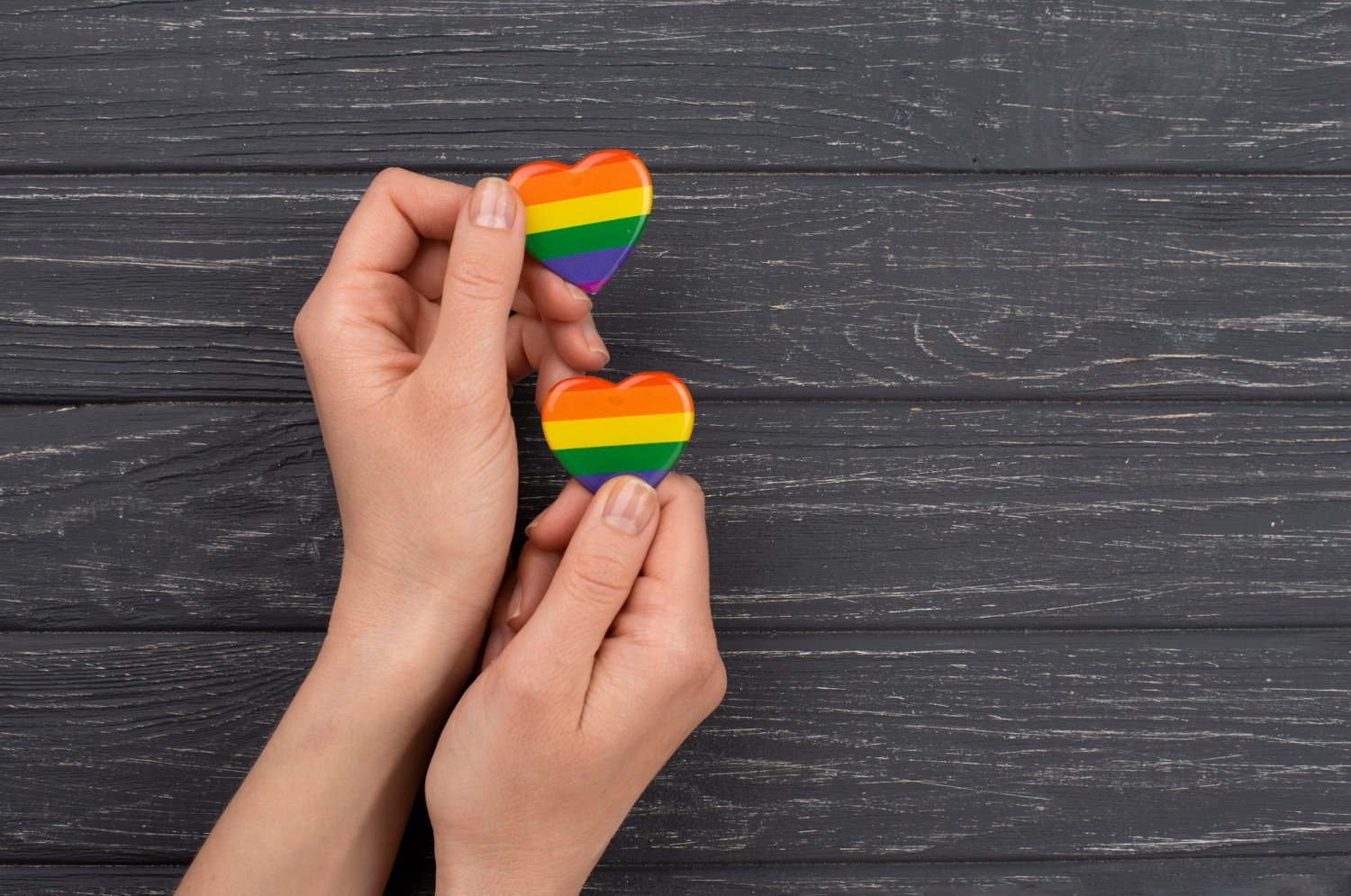
LGBTQ therapy, sometimes called LGBTQ-affirming therapy or affirmative therapy, is a counseling approach that recognizes and validates the unique experiences of LGBTQ+ individuals.
Unlike generic therapy models, it focuses on creating a safe, inclusive, and nonjudgmental space to discuss identity, relationships, and personal struggles without fear of bias.
Therapists practicing this approach use an affirmative lens meaning they actively support and celebrate a client’s gender identity and sexual orientation instead of treating it as something to be “fixed” or “explained.”
Mental health support isn’t one-size-fits-all and for members of the LGBTQ+ community, traditional therapy often fails to address the realities of identity, stigma, and discrimination.
That’s where LGBTQ therapy comes in a form of counseling designed specifically for sexual and gender-diverse individuals. If you’ve ever wondered what is LGBTQ therapy, this guide breaks it down simply and clearly.
Also Read: What Is Play Therapy
The LGBTQ+ community often faces higher rates of anxiety, depression, and trauma not because of who they are, but because of the stress of discrimination, rejection, or internalized shame.
An LGBTQ-affirming therapist understands these pressures and tailors sessions to help clients:
This approach follows the principle that affirmation is healing when people feel seen and respected, recovery accelerates.
Therapy for LGBTQ individuals often covers overlapping areas of identity, emotional health, and relationships.
Here are some of the most common themes:
| Focus Area | What It Involves |
| Identity & Coming Out | Understanding and embracing one’s sexual or gender identity at their own pace. |
| Gender Transition Support | Guidance and emotional support during medical, social, or personal transition. |
| Discrimination & Stigma | Coping with external prejudice, workplace bias, or internalized homophobia/transphobia. |
| Relationships & Family | Addressing rejection, communication issues, and acceptance within families or partnerships. |
| Mental Health Concerns | Managing anxiety, depression, low self-esteem, and trauma effectively. |
This broad coverage makes therapy for LGBTQ people not just supportive but transformative.
There’s no single format for LGBTQ therapy. Depending on individual needs, different models may be used:
Each format emphasizes affirmation, inclusion, and authenticity the core of LGBTQ-friendly therapy.
| Mode of Therapy | Description | Key Benefits |
|---|---|---|
| Online Therapy | Conducted via secure video calls, chat, or telehealth platforms. | – Accessible from anywhere- Full privacy & flexibility- Ideal for remote or conservative areas- Cost-effective |
| In-Person Therapy | Traditional face-to-face counseling with an LGBTQ-affirming therapist. | – Stronger personal connection- Real-time emotional cues- Best for identity exploration or trauma work |
| Group Therapy | Sessions with peers facing similar LGBTQ-related challenges, guided by a therapist. | – Builds community support- Reduces isolation- Encourages shared healing and empathy |
| Couples Therapy | Therapy focused on LGBTQ couples to strengthen communication and relationships. | – Addresses relationship-specific challenges- Can be online or in-person- Improves emotional intimacy |
| Hybrid Therapy | Mix of online and in-person sessions depending on convenience or needs. | – Combines flexibility with personal connection- Adaptable scheduling- Ideal for busy clients |
| Specialized Therapy Programs | Targeted approaches for issues like gender transition, trauma, or minority stress. | – Highly personalized- Available in clinics or online- Focused on specific identity-based concerns |
Also Read: What is Cognitive Behavioral Therapy
In an LGBTQ-friendly therapy session, the therapist uses gender-inclusive language, listens without assumptions, and encourages open conversations about identity and relationships.
Expect:
Sessions may also involve affirmative exercises such as identifying personal strengths, reframing negative beliefs, or developing coping strategies for discrimination stress.
Finding the right therapist is half the battle. Here’s how to ensure you get the right match:
If in-person options are limited, LGBTQ therapist online services are equally effective, often more accessible and discreet.
Traditional therapy often overlooks identity-related stressors or lacks cultural competence.
In contrast, affirmative therapy:
It’s therapy that meets you where you are not where someone thinks you should be.
Studies show that LGBTQ-affirming therapy significantly improves self-esteem, anxiety levels, and relationship satisfaction.
It helps clients not just manage mental health symptoms, but also thrive emotionally and socially.
By working with an affirmative therapist, individuals learn to see their identity as a strength not a struggle.
One rising trend in 2025 is virtual LGBTQ group therapy, a mix of community connection and professional guidance. Unlike solo sessions, these online groups foster peer understanding and reduce feelings of isolation, especially among younger or newly-out clients.
Early data suggests participants report a 35% higher sense of belonging and emotional stability after joining such programs, a sign of where therapy for LGBTQ people is headed.
So, what is LGBTQ therapy? It’s more than counseling, it’s a safe space for authenticity and growth. Whether through in-person sessions, or online LGBTQ therapy, the goal remains the same: self-acceptance, mental wellness, and a life lived proudly.
If you or someone you know is looking for LGBTQ-affirming therapy, connect with a LGBTQ-friendly therapist who understands your story because you deserve support that celebrates who you are.
Embark on a transformative path to optimal well-being with our uplifting counseling services. Let our expert guidance elevate you to new heights of wellness. Take the first step today and enjoy a complimentary 15-minute consultation to explore the positive changes awaiting you.